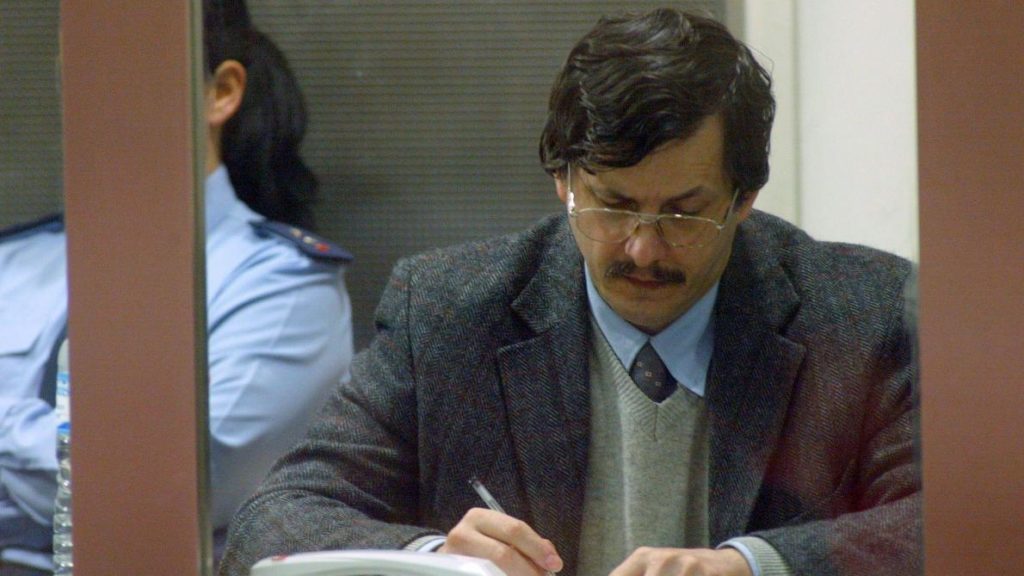On this day, June 24, exactly 25 years ago, two eight-year-old girls, Julie Lejeune and Mélissa Russo, went for a walk near their home in Grace-Hollogne near Liege. They never returned home.
More than one year later, in August 1996, the bodies of the girls were exhumed, as were those of two older girls, An Marchal and Eefje Lambrecks. Two other victims, Sabine Dardenne and Laetitia Delhez, were found and freed.
The six girls were the victims of one Marc Dutroux, who was eventually found guilty of murder in 2004 and sentenced to life imprisonment. He is currently involved in a procedure to apply to be released under electronic surveillance. Two of his confederates, his ex-wife Michelle Martin and Michel Lelièvre, are both free.
The Dutroux affair was more than a serial killer case. It is no exaggeration to say that it struck to the very heart of Belgian society.
In October 1996 100,000 people marched in the streets of Brussels, calling for more openness in the justice system. The government of then prime minister Jean-Luc Dehaene set up Child Focus, a national centre for missing and sexually exploited children.
The nation sat glued to its TV sets for weeks while a parliamentary enquiry revealed the failings of a system in which two police forces were more concerned with competing with each other than finding the kidnapper of children.
When Dutroux escaped from custody while on a visit to the courthouse, it led to the resignation of two ministers, as well as the disbanding of the gendarmerie and the creation of a single national police force.
Meanwhile, public confidence in the justice system was as low as it has ever been, and it has never fully recovered, nor likely ever will.
Now, 25 years after two little girls got into a stranger’s car, there is a portion of the Belgian population that believes there was (and probably still is) a paedophile ring reaching into the utmost heights of the Belgian system, involving the rich and the powerful, with the protection of magistrates, judges, politicians and even royalty.
That belief requires no evidence – and indeed there is none – and can be challenged by no evidence to the contrary. The damage that was done to the families of the four girls who died and the two who survived is immeasurable. The damage done to Belgian society was very different, but just as irreparable.
Alan Hope
The Brussels Times

